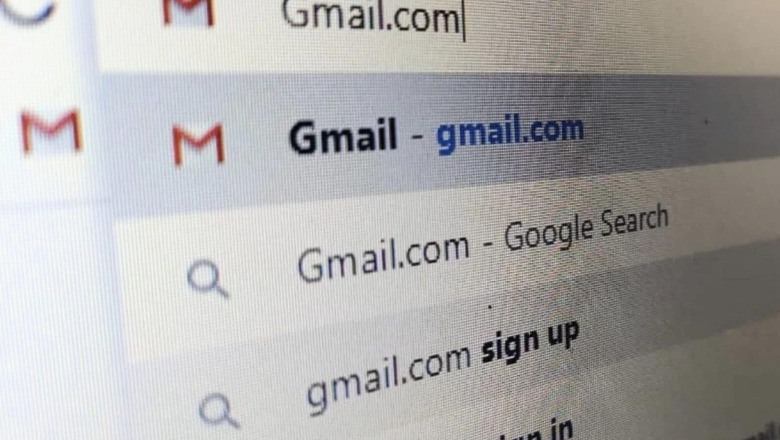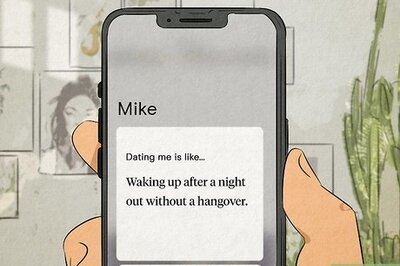
views
When it comes to the environment, some “good habits” are so ingrained in our daily lives that we no longer question their benefits. But sometimes, some of these actions can lead us to overlook the real problem. One such example is the notion that deleting your emails is good for the planet.
You might have gotten into the habit of cleaning up your email inboxes at the end of the week so that you can leave for the weekend with peace of mind. But, if you do it for the environment, this supposedly beneficial strategy could ultimately be a drop in a very vast ocean.
While digital production and consumption account for 3.7% of global greenhouse gas emissions, email storage is also worth its weight in carbon. Given that more than 280 billion emails are sent every day in the world, and that sending an email has an average carbon footprint of 4 grams, the total could amount to some 410 million tonnes of CO2 per year, calculates the mobile application Greenly.
Given these figures, you might think that when deleting emails, the energy related to their storage is effectively deducted from this carbon footprint. But this would be ignoring other parameters, such as the energy required simply to send an email. “Rather than deleting thousands of emails of a few dozen KB, we might as well delete large files first: DivX, photos, videos, software installation versions, etc.,” stresses the GreenIT collective on its website.
And that’s not to mention the expenditure associated with the activity itself: because, deleting emails also leads to energy consumption. A problem raised by Frédéric Bordage, founder of the GreenIT collective, contacted by ETX Studio: “By deleting your emails, you use your computer, the network, the servers, etc. Which is ultimately more costly, from an environmental perspective, than storing them. The real solution is above all to send fewer of them.” You’ve been warned!
Read all the Latest Tech News here



















Comments
0 comment